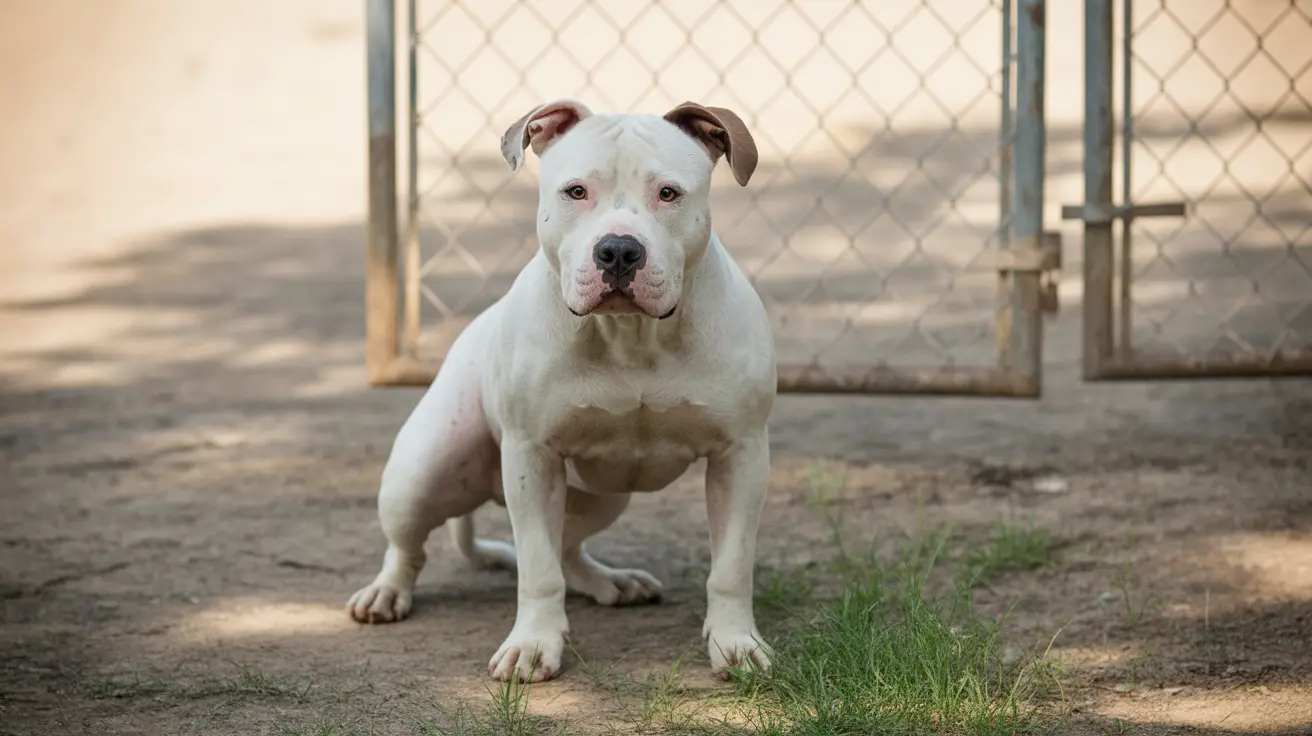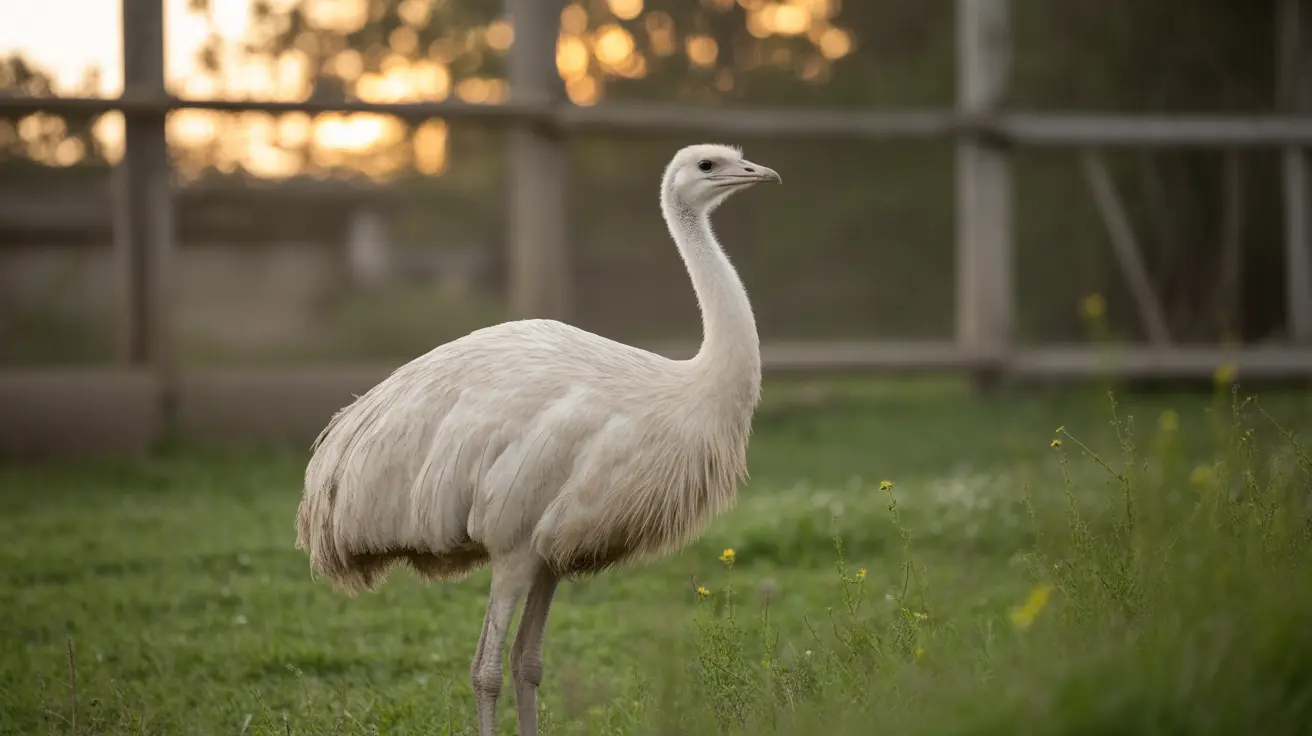As a pet owner, you might wonder about sharing your favorite snacks with your furry friend. When it comes to pistachios, it's crucial to understand both the risks and safety considerations before letting your dog indulge in these nuts. While not inherently toxic, pistachios can pose several health concerns for dogs that every owner should know about.
In this comprehensive guide, we'll explore everything you need to know about dogs and pistachios, including potential risks, safe quantities, and what to do if your dog accidentally consumes these nuts.
Are Pistachios Bad for Dogs?
While pistachios aren't immediately toxic to dogs, they're not recommended as a regular treat or snack. Several factors make these nuts potentially problematic for our canine companions:
High Fat Content Risks
Pistachios contain high levels of fat that can be difficult for dogs to digest. This excessive fat content can lead to serious health issues, including:
- Pancreatitis (inflammation of the pancreas)
- Obesity
- Digestive upset
- Long-term health complications
Salt and Seasoning Concerns
Commercial pistachios often come with added salt or flavoring, which can be harmful to dogs. These additives may cause:
- Sodium ion poisoning
- Excessive thirst and urination
- Kidney stress
- Cardiovascular issues
Potential Health Hazards
Mold and Aflatoxins
One of the most serious risks associated with pistachios is the potential presence of aflatoxins, toxic compounds produced by certain molds. These toxins can cause:
- Liver damage
- Severe digestive issues
- Neurological symptoms
- Long-term health problems
Physical Hazards
Pistachio shells present significant risks:
- Choking hazards
- Intestinal blockages
- Dental damage
- Potential need for surgical intervention
What to Do If Your Dog Eats Pistachios
If your dog consumes pistachios, take these steps:
- Determine the quantity eaten
- Check if shells were consumed
- Monitor for immediate symptoms
- Contact your veterinarian if:
- Large quantities were consumed
- Shells were ingested
- Your dog shows any concerning symptoms
Safe Alternatives to Pistachios
Instead of pistachios, consider these dog-friendly treats:
- Fresh carrots
- Apple slices (without seeds)
- Blueberries
- Commercial dog treats
- Green beans
- Plain, cooked sweet potato
Frequently Asked Questions
Can dogs safely eat pistachios, and how many are too many?
While dogs can technically eat pistachios, it's not recommended. Even a few nuts can cause problems in small dogs, and more than a handful is considered too many for any size dog.
What health risks do pistachios pose to dogs, including from fat, salt, and shells?
Pistachios pose multiple risks including pancreatitis from high fat content, sodium poisoning from salt, and potential blockages from shells. The nuts can also harbor dangerous molds producing toxic aflatoxins.
What symptoms should I watch for if my dog eats pistachios accidentally?
Monitor for vomiting, diarrhea, lethargy, excessive thirst, abdominal pain, and loss of appetite. In severe cases, watch for yellowing of the eyes or gums (jaundice).
Are salted, flavored, or shelled pistachios more dangerous for dogs?
Yes, salted and flavored pistachios are more dangerous due to added sodium and artificial ingredients. Shelled pistachios present additional risks of choking and intestinal obstruction.
What should I do if my dog swallows pistachio shells or a large amount of pistachios?
Contact your veterinarian immediately. Don't induce vomiting unless directed by a professional. Watch for signs of blockage or distress, and seek emergency care if symptoms develop.
Remember, while the occasional pistachio might not cause immediate harm to your dog, it's better to err on the side of caution and keep these nuts out of your pet's diet entirely. Instead, stick to veterinarian-approved treats designed specifically for dogs.






